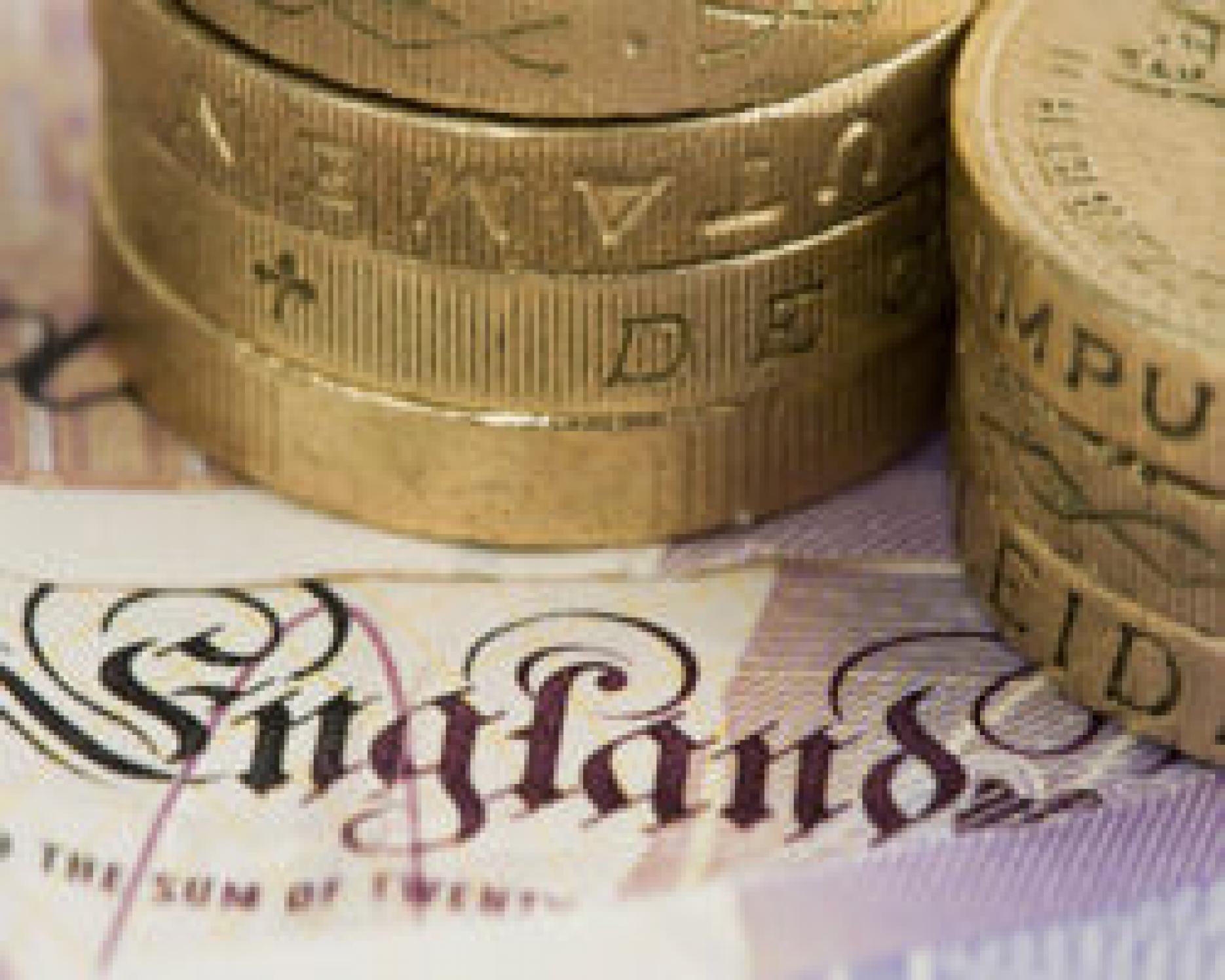
Brits ‘double their spending’ in restaurants and cafés in last decade
In its latest ‘The Way We Pay’ report, figures showed that entertainment spending has risen by over 60%, outstripping the growth in consumer spending by over a quarter.
Spending in restaurants and cafés soared by 102% over the 10-year period but pubs didn’t fare as well with just a 7% rise.
In total, Brits spent £58 billion having fun last year, almost one and a half times as much as they paid for gas and electricity (£34 billion).
Brits' love affair with supermarkets also continued with 58p in every pound spent in the likes of Tesco and Sainsbury’s – up from 46p 10 years ago.
The Payments Council found that the rise of the debit card has been responsible for the decline of cash on the High Street. Debit card spending has risen almost fourfold since 2001.
Small cash transactions are still commonplace but 91% of cash payments are under £25.
Adrian Kamellard, chief executive of the Payments Council believes this statistic could help fuel the growth of contactless payments: “We scarcely notice the steady changes in the way we pay, yet someone in their 30s today will see more change in their lifetime than in the entire history of money.
“Even recent innovations such as payment via a mobile phone, which 10 years ago some felt to be science fiction, will soon be commonplace. Just as we can’t imagine how we ever did without the internet, many people will soon wonder how we used to be so dependent on cash and cheque - 20 years from now even cards may seem archaic.
“The quiet revolution in payments has enabled the creation of whole new industries such as e-shopping, it has changed our behaviour, and it has reduced transaction costs, and increased the speed and efficiency with which we can all pay each other. The next 10 years will see even faster change. It’s easy to imagine a future where we merely pat our pockets for our keys and phone. The wallet could become a historical curiosity.”
